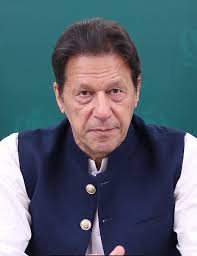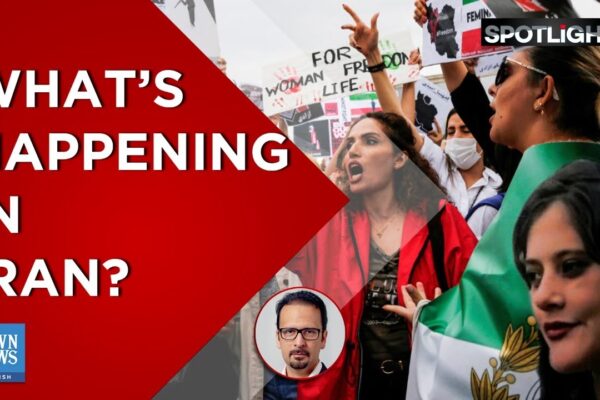
Introduction
Imran Khan, the former Prime Minister of Pakistan, is a significant figure in the nation’s political landscape. His journey from cricket superstar to a political leader has been marked by both remarkable achievements and profound challenges. Understanding his current status is crucial, as it reflects ongoing shifts in Pakistan’s governance and political dynamics.
Background on Imran Khan
Imran Khan served as the Prime Minister from August 2018 until April 2022. He is the chairman of the Pakistan Tehreek-e-Insaf (PTI) party and initially rose to fame as a cricketer, leading the national team to victory in the 1992 Cricket World Cup. His transition from sports to politics was driven by a desire to reform Pakistan’s political system and improve the lives of its citizens.
Current Events and Legal Challenges
In recent months, Imran Khan has faced significant legal troubles. Following his ousting from the premiership through a no-confidence vote, Khan has contended with a series of accusations, including corruption and illicit financing. Most notably, he was arrested in early 2023 on charges related to corruption, which led to widespread protests from his supporters and raised questions about political freedom in Pakistan. The government’s crackdown on PTI supporters highlighted an escalating political climate marked by division and unrest.
In October 2023, the Lahore High Court granted Khan bail in several cases while continuing to put pressure on his leadership within the PTI. As tensions mount between Khan’s supporters and the ruling government, the political landscape remains unpredictable.
Public Sentiment and Future Implications
Khan’s populist appeal remains strong despite his legal troubles. Many of his supporters view him as a martyr in the face of political injustice, while his opponents argue that he should be held accountable for his actions during and after his premiership. This divide could rejuvenate his political career and influence upcoming elections.
Conclusion
As Imran Khan navigates legal challenges and political strife, his future in Pakistani politics appears uncertain yet crucial. The public’s response to these developments will be vital for his political career as well as for the broader implications on Pakistan’s democratic processes. Observers note that Khan’s situation will likely shape the political landscape in the lead-up to the next general elections, which could either solidify his position as a formidable political force or lead to his further marginalisation. For citizens and political analysts alike, Imran Khan’s next steps will be a significant factor in determining the future trajectory of Pakistan’s governance.
You may also like

Understanding the Current Political Landscape in the UK

Current Events: What’s Happening in Iran
